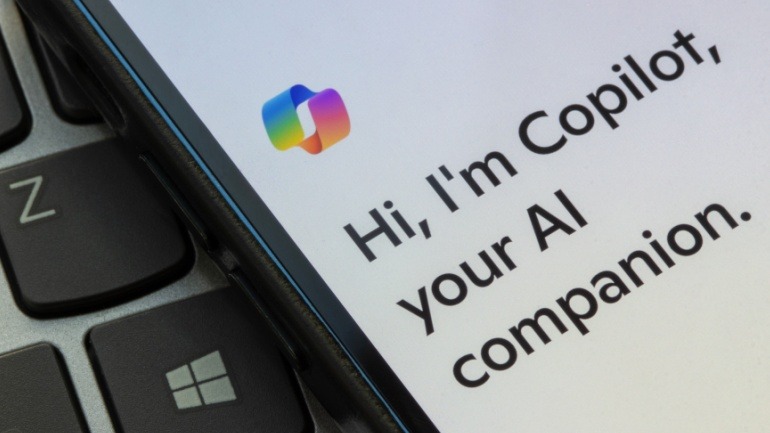Amid Black Friday’s digital communication surge, Sinch reported a 144% increase in AI-powered Rich Communication Services. Businesses increasingly favor rich messaging formats, blending traditional channels like SMS and email with interactive VoIP solutions. This shift underscores the essential role of AI in creating standout conversational experiences in competitive markets.
Meta’s recent announcement to update WhatsApp Business terms by removing Microsoft Copilot and ChatGPT by January 2026 signals a significant shift for organizations relying on these tools. This change necessitates swift evaluation of AI alternatives and urges businesses to rethink multi-channel AI strategies to avoid vendor lock-in while maintaining efficiency through adaptive solutions.
In the dynamic realm of travel operations, seamless communication is essential. Airlines are transforming with Microsoft Teams, elevating their real-time operations. This unified workspace fosters prompt decision-making during disruptions, crucial for operational agility. Airlines like Gulf Air and Air India exemplify enhanced crisis management using Teams. Operational efficiency and enhanced communication streamline collaboration, bolstering response strategies.
The recent rollback by the FCC on national cybersecurity standards for telecommunications companies marks a pivotal shift, sparking debate over regulatory approaches in network security. As this landscape evolves, VoIP solutions providers like Vodia Networks lead the way by prioritizing cybersecurity with robust features that urge the industry to go beyond minimal compliance.
The telecommunications industry’s transformation is imminent, fueled by agentic AI. As companies face rising expenses and cyber threats, integrating agentic AI becomes essential. In call centers, it slashes costs, automating call processing while enhancing efficiency. Beyond savings, agentic AI revolutionizes network management, ensuring reliability and customer satisfaction.
Open RAN’s evolution is critical for the voip landscape, aiming to create a flexible, multi-vendor network system. However, achieving energy efficiency and convincing Communications Service Providers to embrace Open RAN over existing infrastructure remains challenging. As AI-native RAN and automation advance, industry collaboration is crucial to navigate complexities and drive Open RAN success.
Microsoft’s AI Copilot at Ignite 2025 heralds a new era in workplace efficiency, enticing companies with promises of strategic focus by automating mundane tasks. However, VoIP costs like Azure consumption pose challenges.
Orange OpenTech highlights the vital role of AI in transforming the telecom industry. Leaders at the event discuss the integration of AI with 5G and cloud computing, emphasizing improved operations and customer experiences. Despite challenges like data privacy, AI remains essential for growth and innovation in telecommunication.
The evolution of enterprise AI is witnessing a significant shift as companies adopt cross-enterprise solutions, moving away from isolated systems.
Vodacom is leveraging Google Cloud to enhance its VoIP services through AI-driven innovations. By migrating data platforms to Google Cloud, Vodacom aims to boost customer interaction and network optimization. This partnership signifies a crucial step in digital transformation for telecom operators, showcasing cloud-based AI’s potential in improving VoIP solutions significantly.













